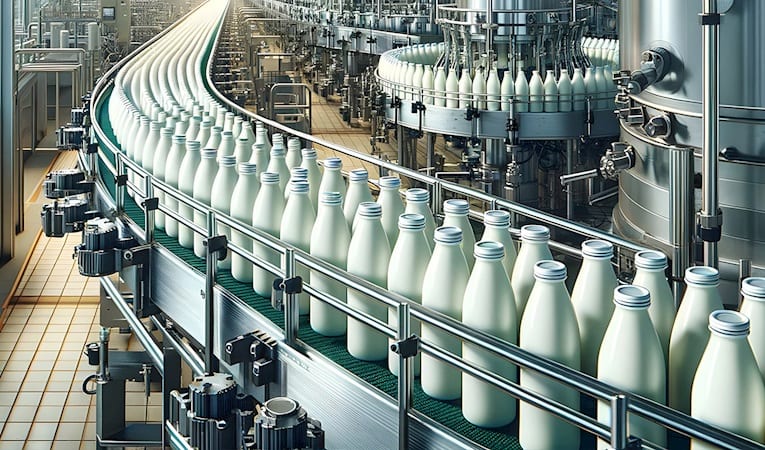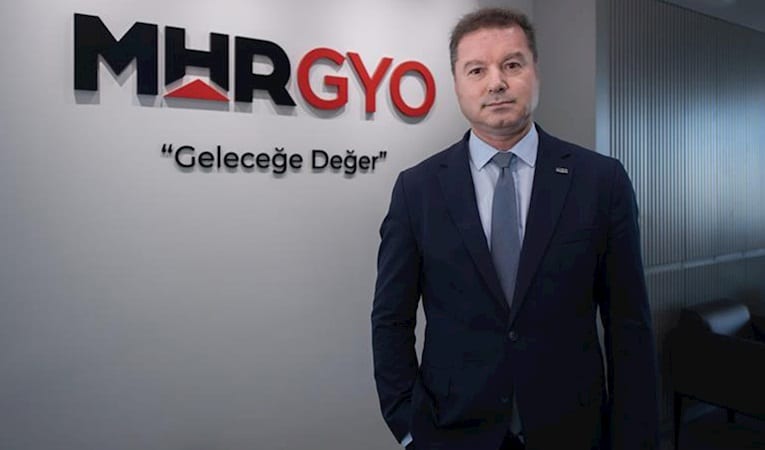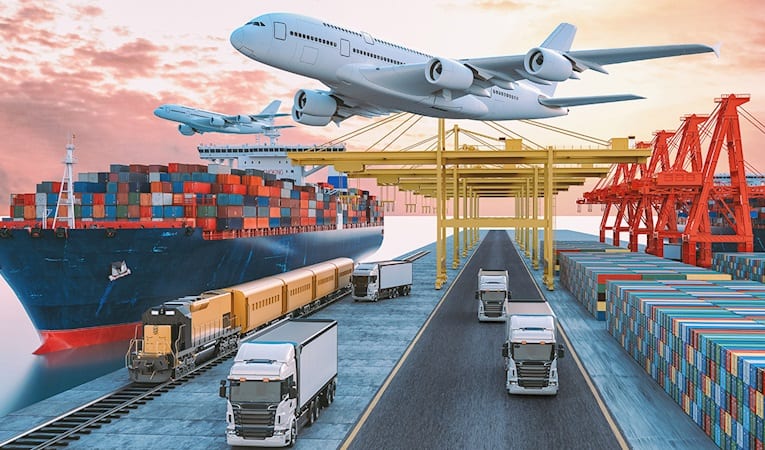
-
BIST 100
 13821,97%0,49En Düşük13821,97En Yüksek0
13821,97%0,49En Düşük13821,97En Yüksek0 -
DOLAR
 43,97%0,02Alış43,95Satış43,97En Yüksek43,99
43,97%0,02Alış43,95Satış43,97En Yüksek43,99 -
EURO
 51,15%-0,58Alış51,11Satış51,15En Yüksek51,53
51,15%-0,58Alış51,11Satış51,15En Yüksek51,53 -
STERLİN
 59,10%-0,28Alış58,48Satış59,10En Yüksek59,09
59,10%-0,28Alış58,48Satış59,10En Yüksek59,09 -
ALTIN
 7650%-2,24Alış7324,43Satış7650En Yüksek7825
7650%-2,24Alış7324,43Satış7650En Yüksek7825
-
BIST 100
 0%0,49En Düşük0En Yüksek0
0%0,49En Düşük0En Yüksek0 -
DOLAR
 43,96%0,02Alış43,95Satış43,97En Yüksek43,99
43,96%0,02Alış43,95Satış43,97En Yüksek43,99 -
EURO
 51,13%-0,58Alış51,11Satış51,15En Yüksek51,53
51,13%-0,58Alış51,11Satış51,15En Yüksek51,53 -
STERLİN
 58,79%-0,28Alış58,48Satış59,10En Yüksek59,09
58,79%-0,28Alış58,48Satış59,10En Yüksek59,09 -
ALTIN
 0%-2,24Alış7324,43Satış7650En Yüksek7825
0%-2,24Alış7324,43Satış7650En Yüksek7825
- Anasayfa
- Haberler
- Tüm Haberler
- Indirect leadership
Indirect leadership
Turnover, profitability and employment....
1.03.2013 00:00:000

These are the most important indictors for all companies. But there is another value that is at least as critical as these. That is the indirect employment that is created. In some companies, the indirect employment that is created can be as much as 10-15 times the number of those who are directly employed. It is virtually a secret power. Vestel ranks first with 100,000 in indirect employment and is followed by giants such as TAV, Turkcell and Oyak Renault. So what kind of strategy should companies follow on the subject of indirect employment, which experts describe as an “invisible power”? What does this power bring them? When one looks at the companies which participated in our survey, one sees the giants of Turkey in the leading positions in the rankings. Vestel is the leader with an ecosystem of 100,000 people. The company provides direct employment for approximately 13,000, although it indirectly creates employment for seven times as many people as are on its actual payroll. Vestel is followed by the airport operator TAV Havalimanları with 80.000. The company indirectly creates employment for 3.5 times the number of people on its payroll. Turkcell is another company which comes to the fore by indirectly creating employment for 67,000 people and it is followed by Toyota and Oyak Renault, which indirectly each create employment for 40,000 people. When we look at the ratio between the number of people who are employed directly and the number of jobs which are created indirectly, then the leader is ipragaz. Because ipragaz indirectly creates employment for 17.5 times the number of personnel on its payroll. It is followed by Toyota Otomotiv with 17 times, Shell&Turcas with 15 times and Coca-Cola içecek with 10 times.
Click image to see the table
 WHAT DOES THIS POWER MEAN?
WHAT DOES THIS POWER MEAN?
In fact, the employment that is created indirectly has a much greater critical importance for companies that is immediately apparent. Indeed, many regard this issue as being “strategic”. Hilal Suerdem, CEO of Kiğılı, which is one of the leading players in the clothing sector, says: “However important the people we employ directly are for the growth of the company, the people for whom we create jobs indirectly are just as important.” Atilla Yerlikaya, corporate relations director for Coca-Cola içecek, which is an important power as a result of the 30,000 jobs it creates indirectly, sums up what this issue means for them as follows: “Coca-Cola içecek has a chain of factories and a strong distribution network and invests in every region of Turkey, creating employment and supporting economic growth. We were the first company to conduct a scientific study on this subject and define the ‘economic impact.’”. The study we conducted calculated that Coca-Cola içecek’s impact on employment was 10 to 1. For every one person it employed directly, Coca-Cola içecek created employment for a total of ten people in different sectors.
WHAT DOES IT CONTRIBUTE TO COMPANIES?
These ecosystem activities make different contributions to companies in many areas. Some of these are focusing on their main business, cost advantages, productivity and speed. JTI Türkiye General Manager Bilgehan Anlaş says: “All of the work that is done through indirect employment and services that are provided are secured by experts.~
This increases quality and productivity. In addition, we also optimize costs.” Omsan Lojistik General Manager Osman Küçükertan notes that, as a result of indirect employment, they have focused on their main business and adds: “Omsan increases its productivity by delegating to suppliers investments that need to be done in areas which are not related to its main field of activity. For us, this means reducing the commercial risk to a minimum. Through indirect employment we create a large ecosystem which is working with us for the same vision.”
HOW DO THEY MANAGE IT?
Experts say that it is extremely important to manage indirect employment successfully. Because, when relations are not managed well, there is a risk of a deterioration in corporate prestige. Companies are aware of this reality. For example, Asena Yalınız, Deputy General Manager Responsible for Human relations at Teknosa, which indirectly creates employment for 20,000 people, says that they focus on service quality and monitoring. “It is important in this regard for us to identify the right companies that we can work with,” she says. “We also indirectly ensure meticulousness, monitor the quality of the services that are provided and manage our processes accordingly.”
THE MOST "INDIRECT" SECTORS
So, when it is examined from a sectoral perspective, which are the areas where there is the most indirect employment? The sectors that come to mind are the broad sectors such as automotive, white goods, textiles and construction. Odgers Berndtson Türkiye Managing Partner Ayşe Öztuna Bozoklar says: “The sectors in which there is the most indirect employment are ones such as automotives, retailing, technology, foodstuffs and textiles. This is the result of working models in these sectors. For example, in addition to creating significant indirect employment in the supply industry, automotives also create an important ecosystem because they work with a distributorship model.”
Click image to see the table
 WHAT DOES THIS POWER MEAN?
WHAT DOES THIS POWER MEAN?In fact, the employment that is created indirectly has a much greater critical importance for companies that is immediately apparent. Indeed, many regard this issue as being “strategic”. Hilal Suerdem, CEO of Kiğılı, which is one of the leading players in the clothing sector, says: “However important the people we employ directly are for the growth of the company, the people for whom we create jobs indirectly are just as important.” Atilla Yerlikaya, corporate relations director for Coca-Cola içecek, which is an important power as a result of the 30,000 jobs it creates indirectly, sums up what this issue means for them as follows: “Coca-Cola içecek has a chain of factories and a strong distribution network and invests in every region of Turkey, creating employment and supporting economic growth. We were the first company to conduct a scientific study on this subject and define the ‘economic impact.’”. The study we conducted calculated that Coca-Cola içecek’s impact on employment was 10 to 1. For every one person it employed directly, Coca-Cola içecek created employment for a total of ten people in different sectors.
WHAT DOES IT CONTRIBUTE TO COMPANIES?
These ecosystem activities make different contributions to companies in many areas. Some of these are focusing on their main business, cost advantages, productivity and speed. JTI Türkiye General Manager Bilgehan Anlaş says: “All of the work that is done through indirect employment and services that are provided are secured by experts.~
This increases quality and productivity. In addition, we also optimize costs.” Omsan Lojistik General Manager Osman Küçükertan notes that, as a result of indirect employment, they have focused on their main business and adds: “Omsan increases its productivity by delegating to suppliers investments that need to be done in areas which are not related to its main field of activity. For us, this means reducing the commercial risk to a minimum. Through indirect employment we create a large ecosystem which is working with us for the same vision.”
HOW DO THEY MANAGE IT?
Experts say that it is extremely important to manage indirect employment successfully. Because, when relations are not managed well, there is a risk of a deterioration in corporate prestige. Companies are aware of this reality. For example, Asena Yalınız, Deputy General Manager Responsible for Human relations at Teknosa, which indirectly creates employment for 20,000 people, says that they focus on service quality and monitoring. “It is important in this regard for us to identify the right companies that we can work with,” she says. “We also indirectly ensure meticulousness, monitor the quality of the services that are provided and manage our processes accordingly.”
THE MOST "INDIRECT" SECTORS
So, when it is examined from a sectoral perspective, which are the areas where there is the most indirect employment? The sectors that come to mind are the broad sectors such as automotive, white goods, textiles and construction. Odgers Berndtson Türkiye Managing Partner Ayşe Öztuna Bozoklar says: “The sectors in which there is the most indirect employment are ones such as automotives, retailing, technology, foodstuffs and textiles. This is the result of working models in these sectors. For example, in addition to creating significant indirect employment in the supply industry, automotives also create an important ecosystem because they work with a distributorship model.”
Türkiye ve dünya ekonomisine yön veren gelişmeleri yorulmadan takip edebilmek için her yeni güne haber bültenimiz “Sabah Kahvesi” ile başlamak ister misiniz?



